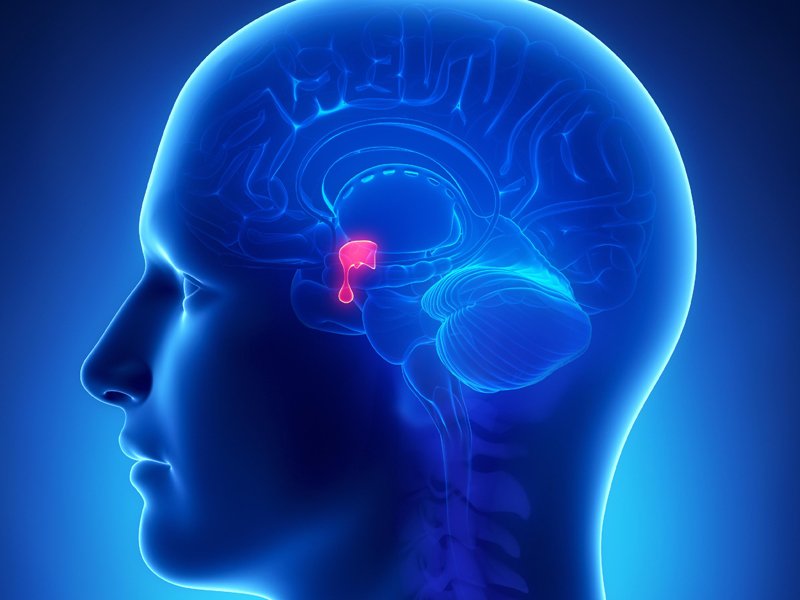
Pituitary Disorders
Where is the pituitary gland located?
Pituitary gland is a small, pea-sized gland located at the base of the brain.
What does the pituitary gland do?
Despite its size, the pituitary gland is often called the "master gland" because it controls the function of several other hormone-producing glands, such as the thyroid, adrenal glands, and reproductive organs. It plays a critical role in regulating growth, metabolism, stress response, and reproductive processes.
What are the symptoms of pituitary disorders?
Symptoms of pituitary disorders can be due to overproduction or underproduction of hormones, or due to a large growth on the pituitary gland.
Depending on the hormone involved, symptoms can be irregular or absent menstrual periods, milk discharge from nipples, infertility, low sexual desire, enlarged hands and feet, enlargement of the jaw, nose, lips, and tongue, weight gain, muscle weakness, thinning of skin, excessive urination, dizziness, etc.
Large pituitary growth can also affect vision especially side vision.
What are treatment options for pituitary disorders?
Treatment options range from observation, medications, surgery and radiation therapy.
Do all patients with pituitary disorders need surgery?
No, not all patients need surgery. Choosing a treatment depends multiple factors such as hormone abnormalities, size of a growth on pituitary gland, age of the patient, etc. This involves a joint discussion between an Endocrinologist, Neurosurgeon and the patient.